Our perception of reality is limited by our senses from "summary" of The World As I See It by Albert Einstein
Our senses have evolved to perceive only a fraction of the physical world. We can see only a small portion of the electromagnetic spectrum, hear only a limited range of frequencies, and feel only a narrow band of temperatures. Our sense of taste and smell are also limited compared to other animals. As a result, our perception of reality is constrained by the capabilities of our senses. This limitation is further compounded by the fact that our senses can be easily deceived. Optical illusions, auditory tricks, and tactile illusions demonstrate how easily our senses can be manipulated. Our brains often fill in gaps in our sensory input to create a coherent picture of the world, even when that picture does not accurately reflect reality. Moreover, our perception of reality is also influenced by our preconceptions, biases, and cultural conditioning. We interpret sensory input based on our past experiences, beliefs, and expectations. This can lead to misunderstandings, misinterpretations, and distorted perceptions of reality. In light of these limitations, it becomes clear that our perception of reality is far from perfect. We can never know the world as it truly is, independent of our senses and cognitive processes. Our understanding of reality will always be limited by the constraints of our sensory apparatus and the filters of our minds. Despite these limitations, it is important to acknowledge that our senses have served us well in navigating the world and making sense of our experiences. They have allowed us to survive and thrive as a species. However, we must also recognize their limitations and be open to the possibility that there may be aspects of reality that lie beyond our sensory perception.Similar Posts
Philosophy continues to evolve and adapt to new challenges and ideas
Philosophy has always been a dynamic field, constantly transforming and responding to new challenges and ideas. From its origin...

The brain's plasticity is both a blessing and a curse
The brain's plasticity is a double-edged sword. On one hand, it allows us to adapt and learn new things throughout our lives. T...
Brain coordinates bodily functions
The brain serves as the control center for the body, coordinating a myriad of bodily functions to maintain homeostasis and ensu...
A sense of urgency and danger looms over Jason
Every step I take, every breath I draw, the weight of a world that shouldn't exist bears down on me. It's as though the air its...
The nature of the mind
The mind is a complex and mysterious entity that has captivated the attention of philosophers and scholars throughout history. ...
Using visuals can enhance persuasion
Visual aids are powerful tools in the art of persuasion. When used effectively, visuals can significantly enhance the persuasiv...
Visual memory can be strong despite impairment
In describing visual agnosias, I have often pointed out that the ability to recognize familiar faces, or objects, or scenes may...
Influence tactics: sway opinions and behaviors
Influence tactics are powerful tools that can be used to persuade others to adopt a certain point of view or to change their be...
Religion is built upon faith and emotional commitments
Religion, according to Hume, is not grounded in reason or evidence, but rather in faith and emotional commitments. He argues th...
Pursuing passions brings fulfillment
Descartes argues that the pursuit of passions is essential for achieving fulfillment in life. He posits that individuals must a...
